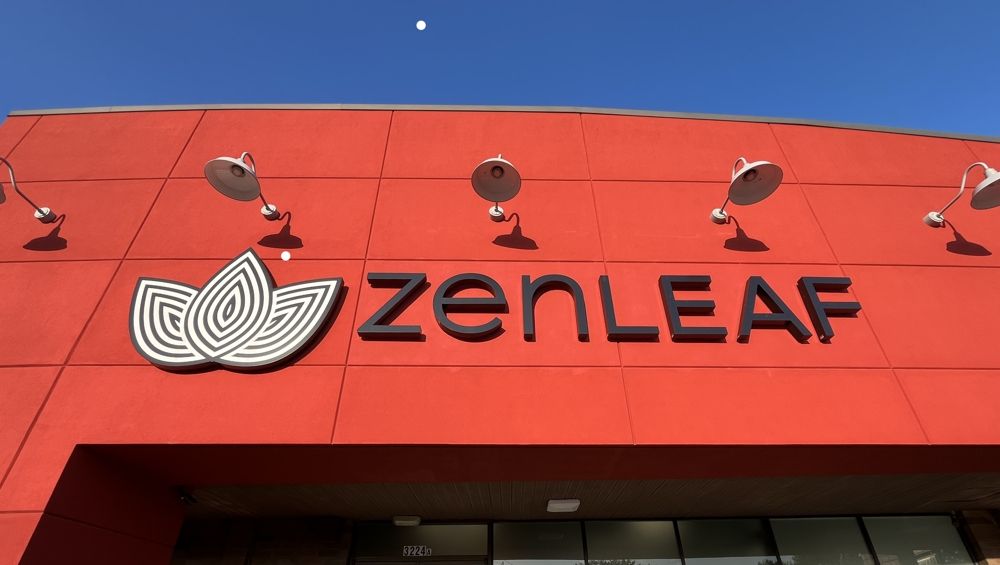Operating a cannabis dispensary in the United States involves strict adherence to various financial obligations, including timely payment of taxes and fees. Failure to meet these deadlines can result in significant penalties, fines, and other repercussions that may jeopardize the business’s viability. This article explores the consequences of late payments for cannabis dispensaries across the nation, highlighting specific penalties and the importance of compliance.
Financial Penalties and Interest
Cannabis dispensaries are subject to multiple taxes, such as excise taxes, sales taxes, and income taxes, depending on state and federal regulations. Late payment of these taxes typically incurs financial penalties and interest charges.
- Excise Tax Penalties: In states like Illinois, dispensaries must file Form CD-1 to report and pay the Cannabis Purchaser Excise Tax. Failure to file or pay on time results in a late-filing penalty, a late-payment penalty, and interest on the unpaid amount. The Illinois Department of Revenue specifies that interest is calculated from the payment’s due date until the liability is paid.
- Sales Tax Penalties: In Washington State, cannabis retailers are required to submit monthly sales and tax reports by the 20th of each month. Late payments are subject to a 2% penalty on the outstanding balance. If the due date falls on a weekend or holiday, the payment must be postmarked by the next business day to avoid penalties.
- Federal Income Tax Penalties: Despite cannabis being federally illegal, dispensaries must pay federal income taxes. The IRS imposes penalties for late payments, including a failure-to-pay penalty of 0.5% of the unpaid tax for each month or part of a month the tax remains unpaid, up to 25% of the unpaid amount.
License Revocation and Business Closure
Beyond financial penalties, consistent late payments can lead to more severe consequences, such as license suspension or revocation. Operating without a valid license is illegal and can result in business closure.
- State Enforcement Actions: State regulatory bodies have the authority to suspend or revoke licenses for non-compliance with tax obligations. For instance, the Washington State Liquor and Cannabis Board may revoke a retailer’s license for repeated failures to pay excise taxes on time.
Legal and Criminal Consequences
In severe cases, failure to pay taxes can lead to legal action, including criminal charges. Tax evasion is a federal offense that can result in fines and imprisonment.
- Criminal Charges: The IRS can pursue criminal charges against businesses that willfully evade taxes. Penalties may include fines up to $100,000 for individuals ($500,000 for corporations) and imprisonment for up to five years.
Mitigating Risks
To avoid these severe consequences, cannabis dispensaries should implement robust financial management practices:
- Timely Payments: Ensure all tax payments are made on or before the due dates.
- Accurate Record-Keeping: Maintain detailed financial records to facilitate accurate tax filings.
- Professional Assistance: Engage accountants or tax professionals experienced in the cannabis industry to navigate complex tax regulations.
- Cash Management: Develop strategies to manage cash flow effectively, considering the industry’s limited access to traditional banking services.
By adhering to these practices, dispensaries can maintain compliance, avoid penalties, and sustain their operations in the highly regulated cannabis industry.

